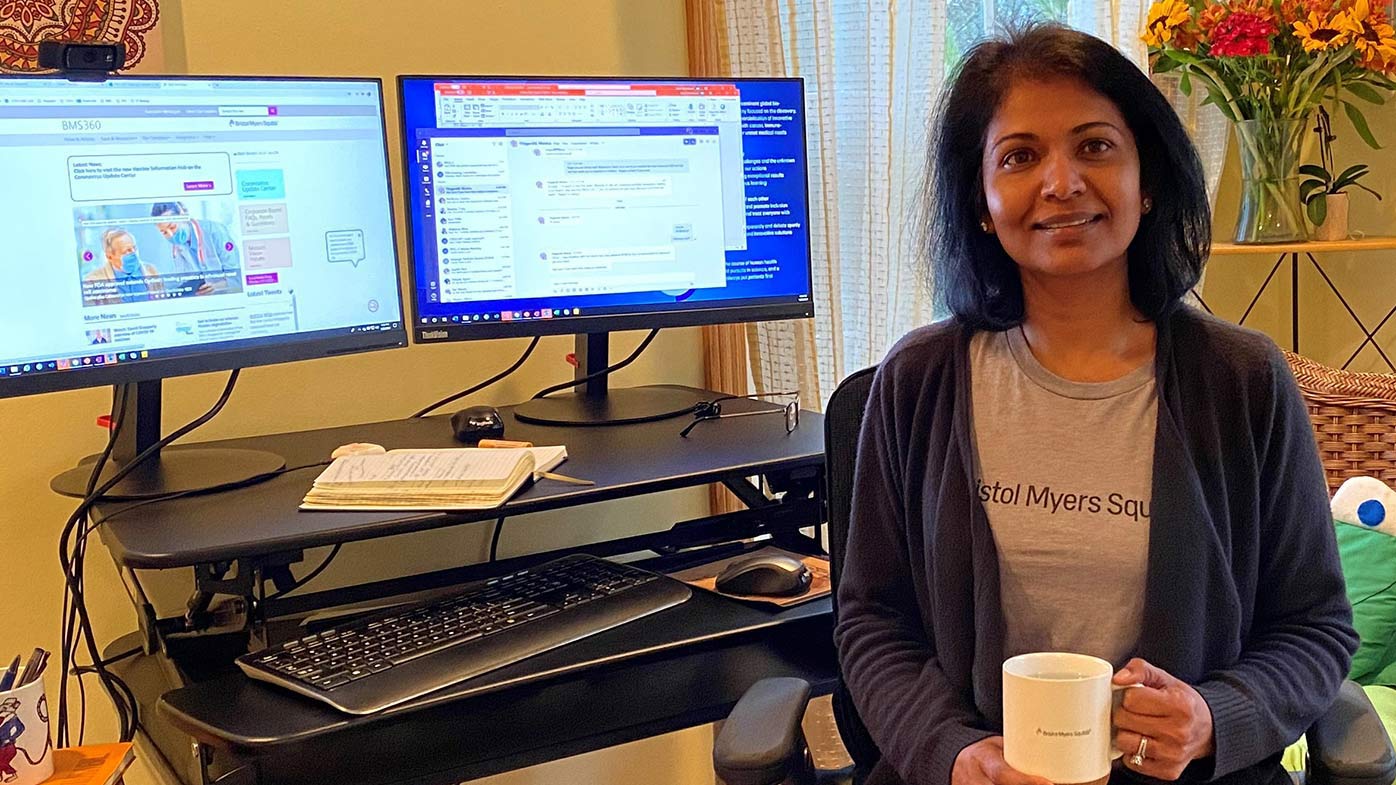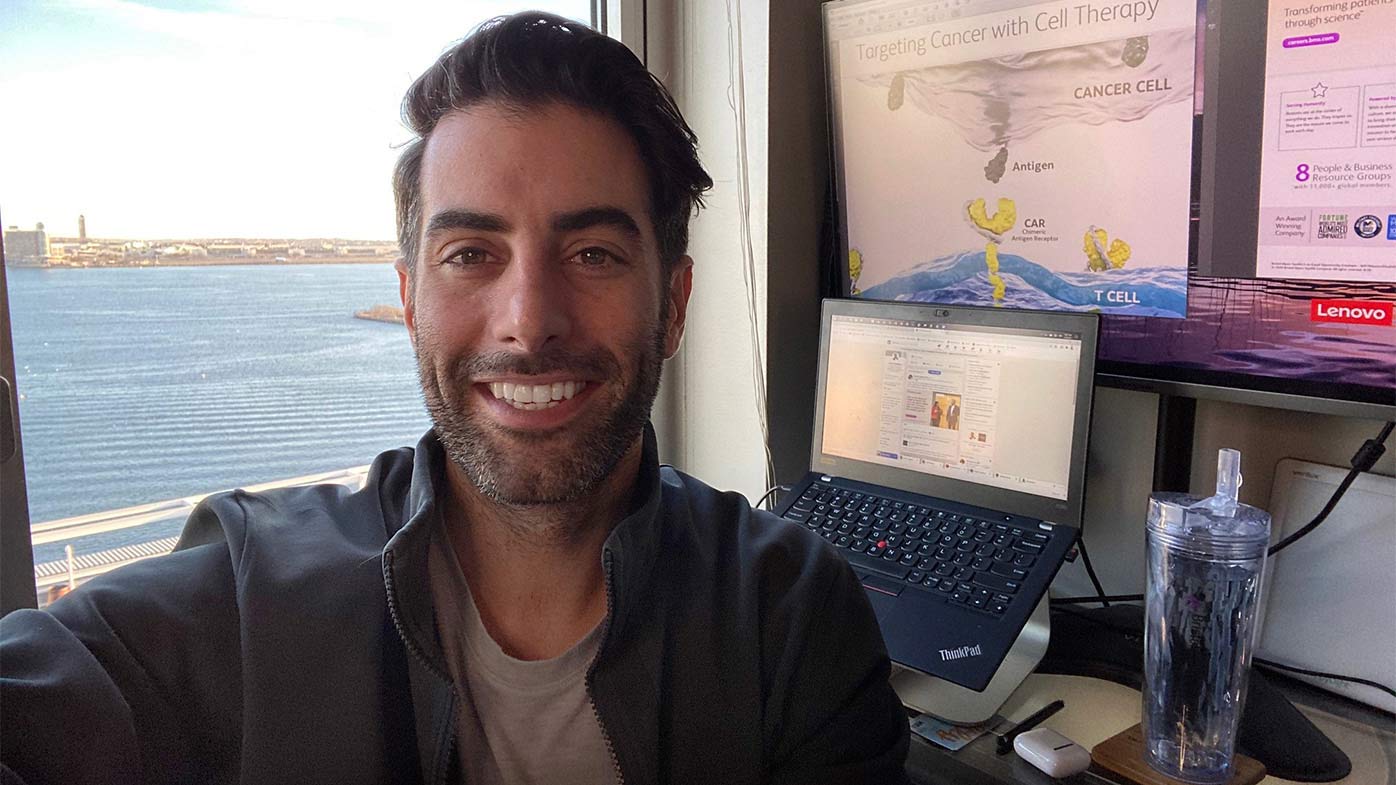
Vice President, Cell Therapy Pipeline & Product Lifecycle Strategy Gargi Maheshwari joined Bristol Myers Squibb in 2020 for the chance to “work with the best minds in cell therapy.”
“I had been following the cell therapy field for the last several years. The cell therapy talent at Bristol Myers Squibb is well known in the industry as the best out there,” she said.
Maheshwari is one of more than 900 colleagues who joined the company’s Cell Therapy Development Operations (CTDO) organization in 2020. The number for 2021, encompassing both CTDO and enabling functions, is expected to be even higher as the company continues investing across the spectrum of cell therapy operations, from early development programs, to a budding commercial portfolio, to a global manufacturing infrastructure.
At Bristol Myers Squibb, chimeric antigen receptor (CAR) T cell therapy represents a new and personalized approach to treating certain blood cancers. Unlike traditional cancer therapies, CAR T cell therapies are administered as a treatment made from a patient’s own T cells, which are “reprogrammed” during a sophisticated manufacturing process to help the T cells recognize and fight cancer cells.
While the potential of cell therapy for patients and the need to grow is clear, finding talent in a field that’s so new and different from other modalities can be challenging.
“We’re doing things that have never been done before,” said Andrew Rigoglioso, associate director, Talent Pipelining and Executive Recruiting, who leads the company’s cell therapy recruitment efforts. “The way we discover, develop and commercialize a cell therapy medicine is different than a small molecule or a biologic. That’s why recruiting is challenging, because we’re looking for people to do things that have never been done before.”



